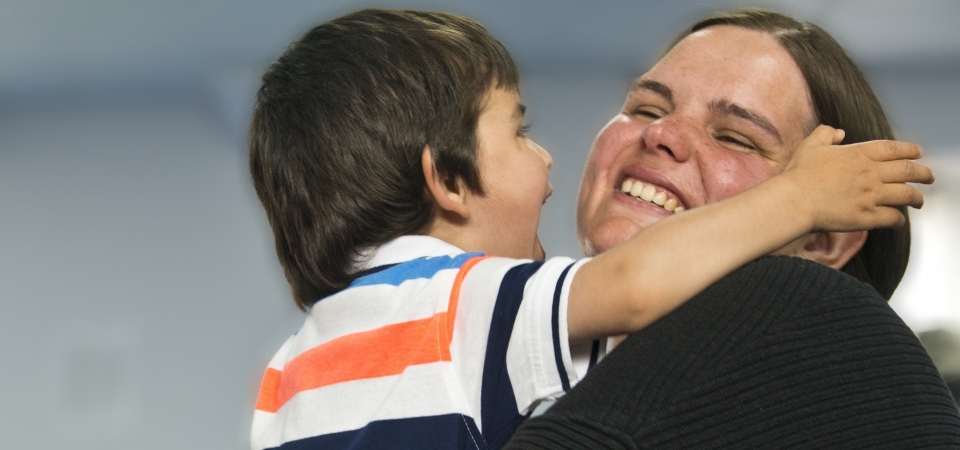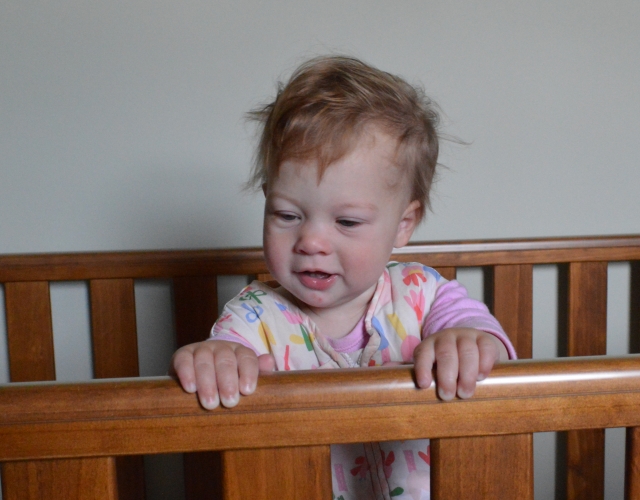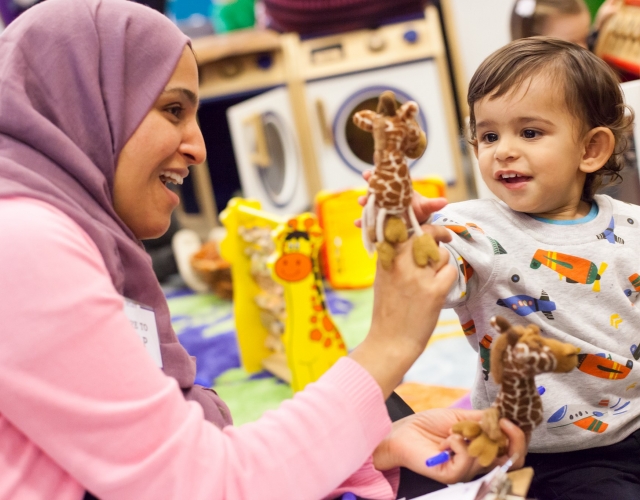Top tips for supporting children
During these uncertain times, it can be difficult to know how and when to speak to children about what’s going on. The tips and links below will hopefully provide ideas and guidance to help you support children and manage any worries they might have.
- All children are unique and will react differently to the changes that are happening. Some children may be worried and have lots of questions – others will be happy to have more time at home. Childline has lots of ideas to help children relax if they are feeling anxious. Click here to visit their calm zone site
- Children pick up on how we are feeling so try to stay calm around them and remember to talk about the positives, such as having more family time together.
- If children want to talk about the coronavirus, chat about it during the day – not at bedtime – so they can get a good night’s sleep. Mealtimes can be a good chance to check in with how everyone is feeling.
- Be led by your child – if they want to talk about what’s happening, start by asking them what they already know. They may not want detailed answers to their questions, so try to keep explanations short and simple. School-age children may find BBC Newsround helpful.
- Daily news updates about the coronavirus can make children – and adults – anxious or upset, particularly reports on the number of deaths. Avoid having the TV or radio on in the background when children are around.
- Children thrive when they have good routines so stick to as many of your normal routines as you can, such as tooth brushing and mealtimes. Where things have changed – such as not going to nursery or school – set new routines that work for your family.
- Being active helps children feel happy and relaxed – and may help them sleep better, so they are happier during the day. For lots of fun activity ideas, visit our keeping active page
- Give children some control over what is going on by teaching them how to wash their hands:
- Use descriptive guidance before handwashing: “Let’s wash our hands for 20 seconds so we get rid of all the germs.”
- Afterwards, use descriptive praise: “Thank you for washing your hands for 20 seconds, now all of the germs are gone.” (To make handwashing more fun, try singing, ‘Twinkle, twinkle little star’ or a verse of ‘Old Macdonald had a farm’)
- Children’s behaviour gives us a clue to how they are feeling. Listen and use empathy – naming and responding to how children might be feeling – to try and understand things from their point of view.
- For example, if a child is upset because it’s time to stop playing, we could say, “You sound really disappointed. You were having fun and now it’s time to stop for tea. Let’s hop to the table together.”
- Remember to praise and thank each other – this will increase cooperation and strengthen family relationships. If you haven’t already got a family reward system, now is a great time to start one. Click here to find out more
- Make time to ‘recharge your batteries’ and be kind to yourself – this is a challenging time for everyone. We've collected some tips for looking after your own wellbeing
HENRY is not responsible for websites and content provided by third parties



